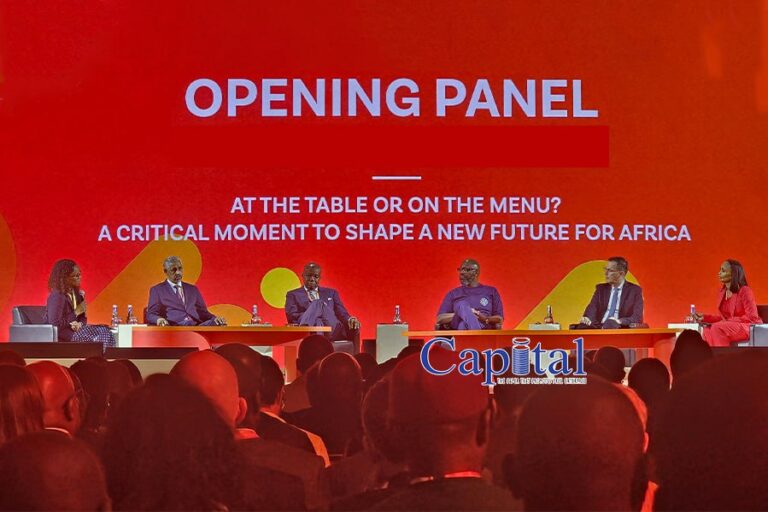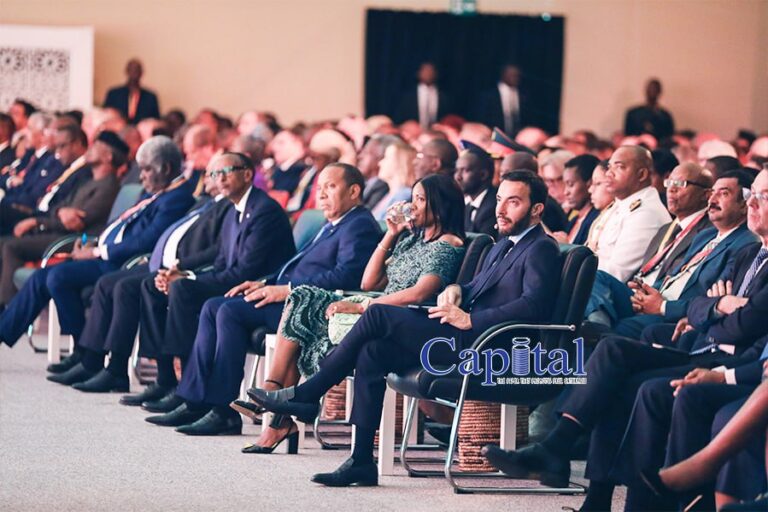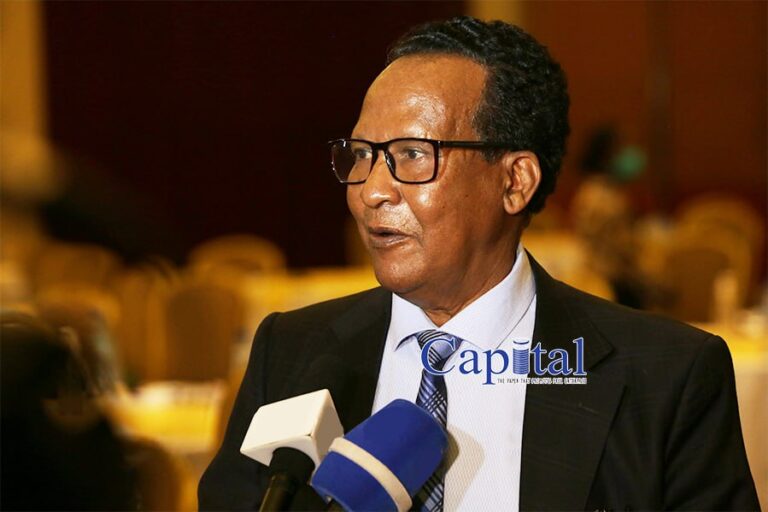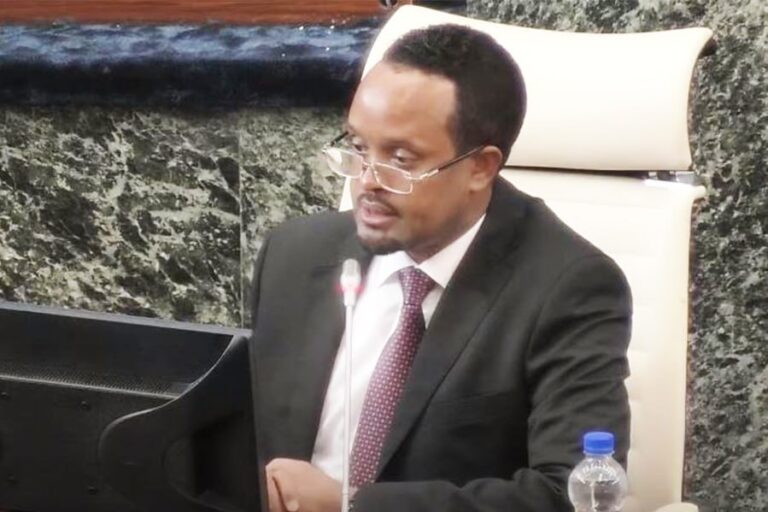Transporters are advised to exercise caution in the upcoming months due to anticipated weather conditions in the Horn of Africa, as forecasted by the Djibouti Ports Corridor Road (DPCR).
The Djiboutian highway management enterprise referred to the IGAD weather prediction, which anticipates above-average rainfall in Djibouti, the major port outlet for Ethiopian cargos, from June to September.
According to DPCR, established in 2017 to design, develop, maintain, and finance highways linking Djibouti ports to neighboring nations, road users should exercise extreme caution. They advised people to “stay up to date on the latest forecasts, avoid flooded areas, and equip their vehicles for wet weather.”
Climate change has caused Djibouti to experience unexpected and uncommon weather conditions in recent years, interfering with truck operations and impacting the road network.
DPCR is jointly owned by Djibouti Ports and Free Zones Authority and the Djibouti Road Agency.

The IGAD Climate Prediction and Applications Centre (ICPAC) issued the June to September 2024 seasonal forecast, indicating an increased likelihood of above-normal rainfall over most parts of the Greater Horn of Africa (GHA).
On May 21, IGAD stated that areas expected to experience these above-normal conditions include Djibouti, Eritrea, central and northern Ethiopia, western and coastal Kenya, much of Uganda, South Sudan, and Sudan.
Conversely, parts of northern Somalia, isolated areas over western Ethiopia, and northwestern South Sudan are expected to experience drier-than-normal conditions.
“The climate patterns in the JJAS (rainfall conditions for June to September) 2024 period closely resemble those of 1998 and 2010, both of which experienced wetter-than-normal conditions over much of the region,” it added.
As per the forecast, an early to normal onset is expected in several parts of the region, including central and northern Ethiopia, Eritrea, Sudan, and South Sudan. However, a delayed onset is likely in Djibouti, parts of eastern and western Ethiopia, central and western Sudan, and southern South Sudan.
The temperature forecast shows a probability of warmer-than-normal conditions across the region, particularly over northern Sudan, central and western Ethiopia, Somalia, Kenya, Rwanda, Burundi, and Tanzania.
Guleid Artan, ICPAC’s Director, noted that “The Greater Horn of Africa (GHA) stands as a region that is highly susceptible to the adverse impacts of climate change, which pose significant challenges to the resilience of our communities. The forecasted wetter-than-normal conditions for June to September 2024 echo the patterns of 1998 and 2010, highlighting the level of impact especially for South Sudan and Sudan, which may experience impacts of floods.”
In line with the World Meteorological Organization’s guidelines and recommendations, ICPAC has adopted an objective seasonal forecast method to generate climate forecasts for the Greater Horn of Africa.
May 2024 initialized seasonal forecasts from 9 Global Producing Centres (GPCs) were utilized and processed to develop the June – September 2024 seasonal climate outlook.
In a related development, DPCR and Salaam African Bank have entered into a loan agreement to finance the rehabilitation project of the Doudoubalala-Dikhil section of National Road 1. This collaboration marks a crucial step for the road and financial sector of Djibouti.
This audacious project aims to renovate a crucial section of Djiboutian road infrastructure, with the major objective of improving regional connectivity and local socio-economic development.
This is the first time that a local Djiboutian bank has committed to financing a road project of such scale, marking a crucial step in the economic and financial development of the country.







